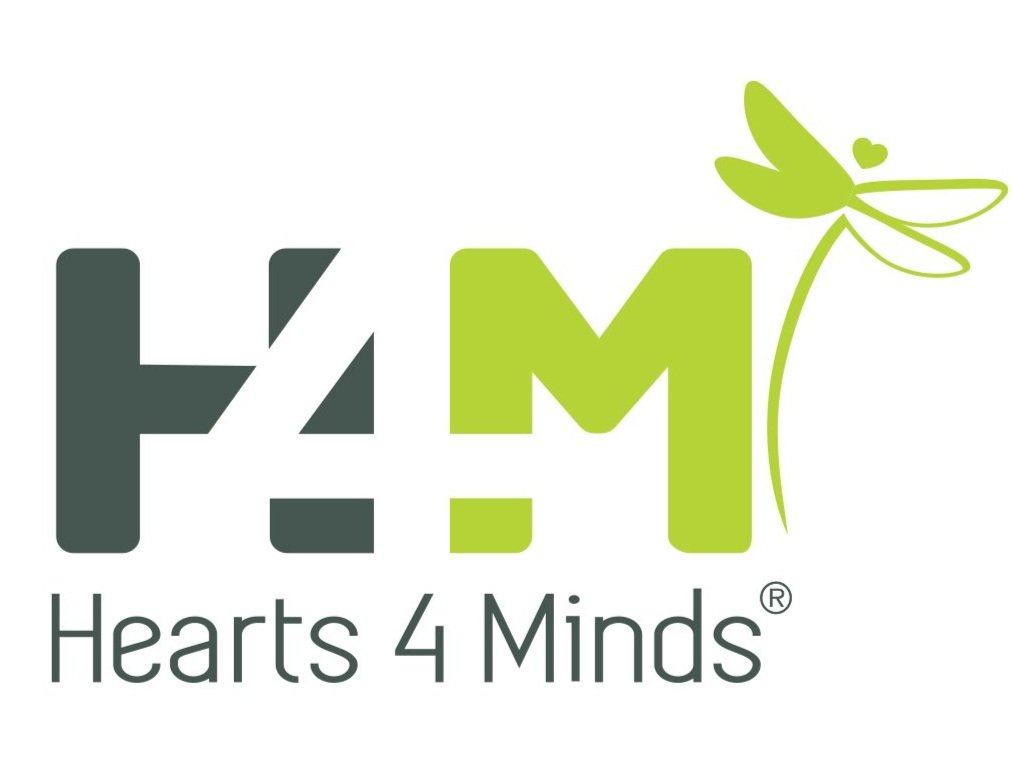How to Recognize the Signs
Mental health struggles don't always announce themselves clearly. Sometimes the signs are subtle, easy to miss, or mistaken for something else entirely. But recognizing these warning signs can be the difference between life and death. Whether it's a friend, family member, coworker, or classmate, knowing what to look for empowers you to take action and potentially save a life.
At Hearts 4 Minds, our mission is to break the stigma of mental illness and improve care and wellbeing for those who need it most. Understanding how to recognize the signs of mental health crisis is the first step in creating a community where everyone feels supported and no one suffers in silence.
Why Recognizing the Signs Matters
Education is a vital key to conquering the mental health crisis we face today. When individuals know how to identify the signs of a mental health crisis, the likelihood of a positive treatment outcome increases dramatically. Many people want to help but simply don't know what to look for or worry about saying the wrong thing. The truth is, asking questions and showing you care can make all the difference.
You don't need to be a mental health professional to recognize when someone is struggling. You just need to know the warning signs and care enough to reach out.
Behavioral Warning Signs to Watch For
People experiencing suicidal thoughts or severe mental health struggles often show changes in their behavior. Here are some key signs to recognize:
1. Withdrawal and Isolation - When someone who is normally social begins pulling away from friends, family, and activities they once enjoyed, it can signal a deeper struggle. They may stop responding to texts, decline invitations, or seem emotionally distant even when physically present.
2. Mood Changes - Dramatic shifts in mood, whether extreme sadness, hopelessness, rage, or even sudden calmness after a period of depression, can all be warning signs. Pay attention to someone who seems overwhelmingly anxious, agitated, or unable to sleep.
3. Talking About Death or Being a Burden - Listen carefully to what people say. Phrases like "I wish I wasn't here," "Everyone would be better off without me," "I can't do this anymore," or "There's no point" should never be dismissed as dramatic or attention-seeking. These statements often reflect genuine pain and thoughts of suicide.
4. Giving Away Possessions - When someone begins giving away prized possessions, saying goodbye to people, or getting their affairs in order without a clear reason, it may indicate they are planning to end their life.
5. Increased Substance Use - A sudden increase in alcohol or drug use can be a way of coping with unbearable emotional pain and may indicate someone is in crisis.
6. Reckless Behavior - Engaging in dangerous or self-destructive activities without regard for consequences can signal that someone no longer values their own safety or life.
Physical Warning Signs
Mental health struggles can also manifest physically. Be aware of:
Changes in sleep patterns (sleeping too much or too little)
Significant weight loss or gain
Neglecting personal hygiene or appearance
Appearing tired or drained of energy
Physical complaints with no apparent cause
Social Media Warning Signs
In today's digital age, social media can offer important clues about someone's mental state. High school students and young adults, in particular, often express their struggles online before talking to someone in person. Watch for:
Posts about hopelessness, pain, or wanting to die
Saying goodbye to people online
Sharing content related to suicide or self-harm
Drastic changes in online activity or presence
Dark or concerning imagery that's out of character
What to Do When You Recognize the Signs
Recognizing the signs is only the first step. Taking action is what saves lives. If you notice warning signs in someone you know:
1. Ask Directly - Don't be afraid to ask, "Are you thinking about suicide?" or "Are you thinking about hurting yourself?" Asking the question does not plant the idea; it shows you care and opens the door for them to share what they're experiencing.
2. Listen Without Judgment - Create a safe space for them to talk. Listen more than you speak, and avoid minimizing their feelings or offering quick fixes like "just think positive."
3. Take It Seriously - Never dismiss warning signs or assume someone is just seeking attention. Every expression of suicidal thoughts deserves to be taken seriously.
4. Help Them Get Support - Encourage them to seek professional help and offer to help them find resources. At Hearts 4 Minds, we provide H4M Connect, a resource that connects people to the mental health care they need.
5. Stay With Them - If someone is in immediate crisis, don't leave them alone. Stay with them and help them access emergency support.
Learn More Through QPR Training
While this guide provides an overview of warning signs, there's so much more to learn about how to have these difficult conversations and effectively help someone in crisis. Hearts 4 Minds offers QPR Suicide Prevention Training sessions that teach you practical skills through interactive scenarios and real-world examples. These 60-90 minute sessions are designed for anyone high school age and older and provide the tools you need to Question, Persuade, and Refer someone to help.
Recognizing the signs is a skill that everyone should have. It's not about being a therapist or having all the answers—it's about being present, aware, and willing to act when someone needs help. At Hearts 4 Minds, we are committed to breaking down the walls of mental health struggles and ensuring that no one suffers alone.
The signs are there if we know how to look for them. Together, we can create a community where everyone feels seen, heard, and supported.
If you or someone you know is experiencing a mental health crisis, Text LIFE to 741741. Trained therapists are available 24/7 to assist. You are not alone.
Learn more about our resources at Hearts4Minds.org or contact us to schedule a QPR training session for your school, business, or organization.

